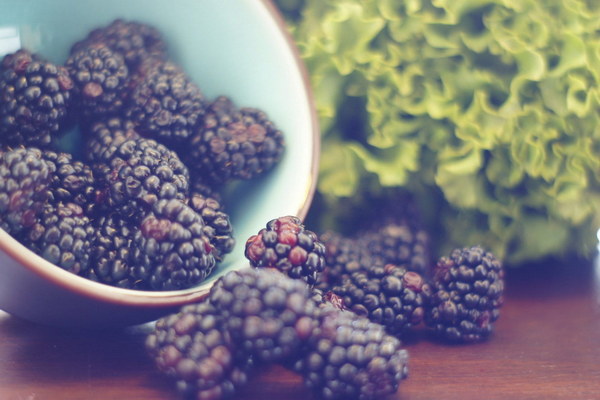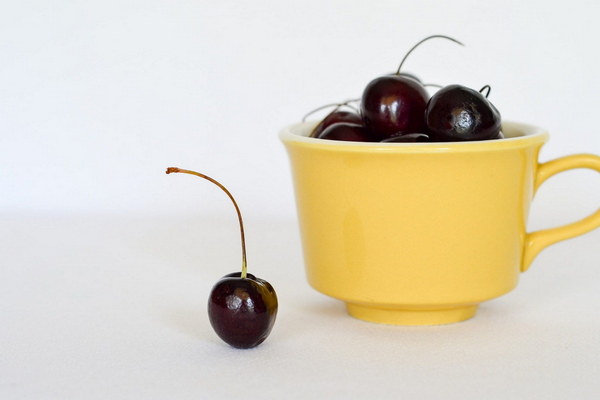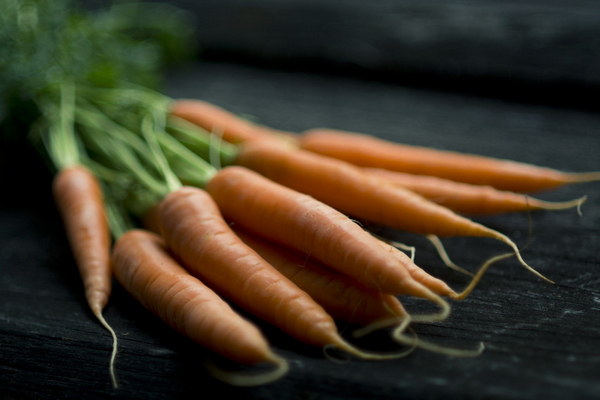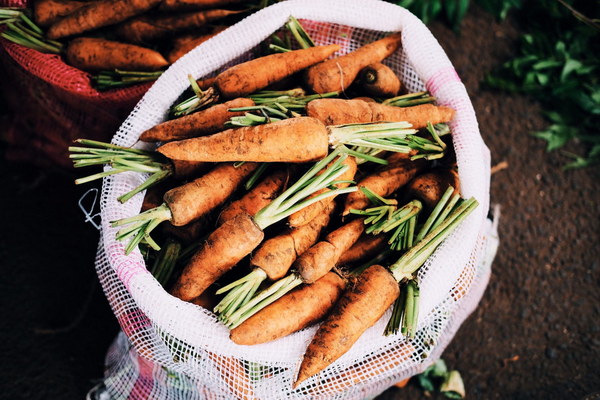Unveiling the Secrets Common Herbs and Medicines for Yin and Kidney Nourishment
In traditional Chinese medicine (TCM), the concept of balancing the Yin and Yang is fundamental to achieving and maintaining health. Among the myriad of herbs and medicines used in TCM, there are several that are renowned for their ability to nourish the Yin and strengthen the kidneys. This article delves into the world of these potent remedies, exploring their properties, uses, and the science behind their effectiveness.
1. Dang Shen (Codonopsis Pilosula)
Dang Shen is a well-known herb in TCM, prized for its ability to tonify the Qi and nourish the Yin. It is often used to treat fatigue, weakness, and poor appetite. The roots of this plant contain saponins, polysaccharides, and other bioactive compounds that contribute to its nourishing effects on the kidneys and overall Yin deficiency.
2. He Shou Wu (Polygonum multiflorum Thunb.)
He Shou Wu is another herb that is highly valued for its kidney-nourishing properties. It is commonly used to treat kidney weakness, premature graying of hair, and infertility. The herb contains resveratrol and other compounds that have been shown to promote blood circulation and enhance kidney function.
3. Eucommia Ulmoides (Du Zhong)
Eucommia Ulmoides, also known as Du Zhong, is a tree bark that has been used in TCM for centuries. It is considered a vital herb for nourishing the kidneys, bones, and tendons. The bark contains alkaloids and other compounds that help to strengthen the kidneys, improve bone health, and alleviate joint pain.
4. Rehmannia (Shen Qu, Rehmannia glutinosa)
Rehmannia is a staple in TCM formulas designed to nourish the Yin and blood. It is particularly effective for treating Yin deficiency symptoms such as dryness of the mouth, skin, and eyes, as well as weakness and fatigue. The root of this plant contains steroidal glycosides, which are believed to enhance the immune system and improve kidney function.
5. Morus Alba (Mulberry)
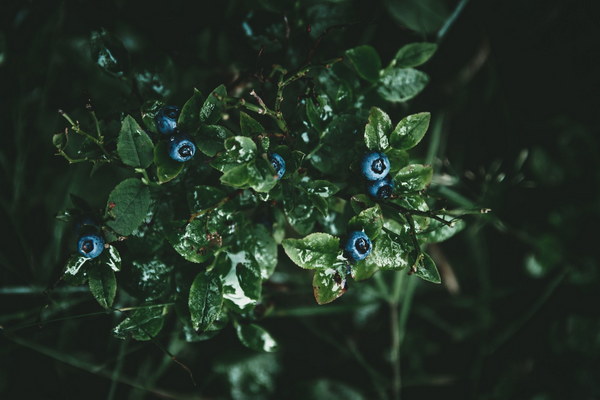
Morus Alba, or white mulberry, is not only a delicious fruit but also a valuable herb in TCM. It is used to nourish the Yin, especially in cases of kidney deficiency. The leaves of the mulberry tree are rich in flavonoids and antioxidants, which can help to support kidney health and reduce oxidative stress.
6. Dioscorea Oppositae (Shan Yao)
Shan Yao, or opposite yam, is another herb that is commonly used to nourish the Yin and kidneys. It is known for its ability to improve fertility and support reproductive health. The roots of this plant contain diosgenin, a compound that has been used in the production of hormonal medications.
7. Cistanche Deserta (Rou Cong Rong)
Rou Cong Rong is a popular herb for its kidney-nourishing and Yin-enhancing properties. It is often used to treat impotence, infertility, and kidney weakness. The plant contains steroidal saponins and other compounds that are thought to enhance the production of hormones and improve kidney function.
The Science Behind the Remedies
While the use of these herbs and medicines in TCM is based on traditional wisdom, modern scientific research is beginning to uncover the mechanisms behind their effects. Many of these herbs contain bioactive compounds that have been shown to have anti-inflammatory, antioxidant, and hormone-regulating properties, which can contribute to their kidney-nourishing effects.
Conclusion
The realm of TCM offers a rich tapestry of natural remedies for kidney health and Yin nourishment. These herbs and medicines, with their complex blend of bioactive compounds, have been used for centuries to support kidney function and balance the body's Yin. While further research is needed to fully understand their effects, the traditional use of these remedies continues to provide hope and healing for those seeking natural alternatives for kidney care and Yin deficiency.
